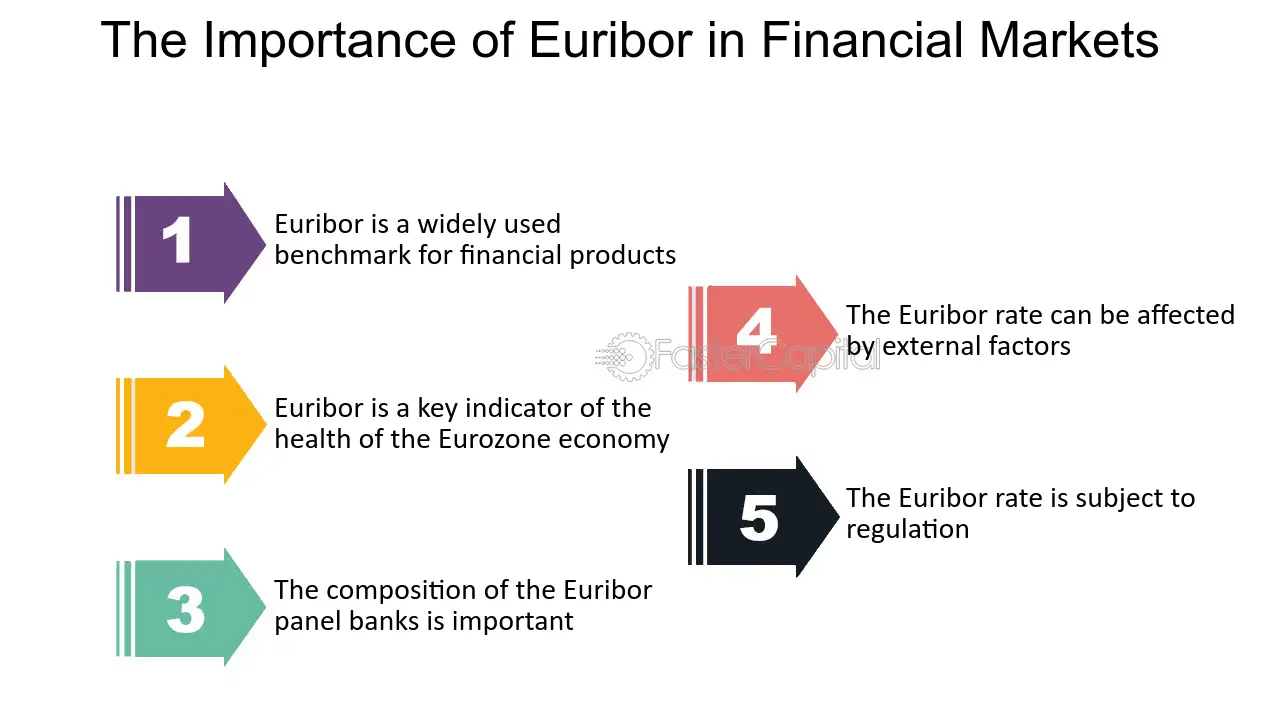Services Offered at T Shirt Shop Dallas
Services Offered at T Shirt Shop Dallas
SERIGRAPHY (SILK SCREEN)
It is a printing process using photoliths and screens. Thus, it is still the only T-shirt printing process that uses fabric ink. Therefore, it is the only one that has full resistance to washing, being indestructible. You can come to t shirt shop in Dallas for Serigraphy.
You can obtain a result of high gloss and different types of texture by applying plastisol-based pastes. There are also inks capable of creating different textures and effects, from “zero touch, relief… to aromas”. The cost of printing small quantities using this process is quite high. However. it is a work of art and therefore obtains extraordinary results.
It can be applied to any type of substrate, textile or not.
TOTAL SUBLIMATION
At t shirt shop dallas we provide total sublimation. A sheet is printed using an offset process, a plotter or a photographic printer, which is then transferred by evaporation to the T-shirt. It can only be printed on 100% polyester fabrics in white.
POWER FILM
It is a type of plotter-cut vinyl and is transferred to the T-shirt by heat press. It has a very good resistance to washing. There are several color options and even chrome and brushed steel, which are effects that other processes cannot achieve. It is only used for applying logos and phrases in just one color on the shirt.
CHROME
It is a specialty of screen printing. Used for printing images with photographic resolution, when you want the durability of serigraphy, together with the photographic resolution of the transfer.
It is a process that needs high technical knowledge and has very high costs for small productions. Can be applied to cotton or synthetic t-shirts.
DIGITAL TRANSFER
This is the printing process offered by 99% of internet sites. This is the cheapest printing method available at t shirt shop dallas, and also the worst in beauty and wash resistance. It is ideal for short runs and t-shirts that will be quickly discarded (photographic images / with gradient / without clear separation between colors / images with shadows)
The print is not always exactly the color of the file sent (changes in “tone” may occur) Resolution changes may occur in the image, since the print is a copy (a copy is always inferior to the original) The print is opaque (square plastic pasted on the T-shirt) A sheet is printed on a computer printer or xerox, which is then applied by a thermal press to the T-shirt.
It is a good option for low demands and photographic image reproduction. Black T-shirts, a square “white or black” will be printed, if the design is not a geometric figure that can be easily cut out (in the case of letters) There is no transfer “worse / better / with another name / or coming from the moon”… Transfer is all the same , all have the same problems of quality, appearance and resistance. Can be applied to cotton t-shirts.
LITHOGRAPHIC TRANSFER
It is an offset printing process. The printing inks are not ideal for fabric, but have reasonable wash fastness. It is indicated for the production of promotional T-shirts in large quantities, when a reasonable result is expected, definition of details, and there is no great concern with the beauty of the print.
Can be applied to cotton or synthetic t-shirts.
SERIGRAPHIC TRANSFER
It is a transfer produced by serigraphy. It has the same quality and beauty properties as conventional screen printing. This type of process is used when you need to have the prints already printed and stored, but you do not intend to have them printed on the t-shirt at the time, for reasons of stock or transport,
Prints can be made and later, using a thermal press, applied to the shirt. It is an expensive process and requires high demand for each model to become viable. It is not possible to produce this type of print in small quantities due to the cost of photolithographs and screens.
Those who work with this type of transfer necessarily work with direct serigraphic printing on the
fabric as well. Therefore, this type of technique is not used to print custom shirts.
This technique is used when the customer intends to buy only the print, for later transfer in the piece. There is no logic in producing the print using this process, and delivering it to the customer already transferred to the fabric.
FOIL
It is a kind of reflective paper that has high gloss and metallic characteristics. A special glue is applied to the T-shirt, and then through a thermal press, the metallic property of the paper is transferred to the fabric.
Foil has relative washing resistance and oxidizes quickly when in contact with sweat and human body heat.
TRANSFER SOLVENT
The print is produced using a high-definition printing plotter and precise cutting. This print is transferred to the fabric by thermo-transfer. The big difference with this type of transfer is that unlike the digital transfer, there are no borders or background in the print.
Like all transfers, its resistance is conditioned to the care with which the piece is washed. Compared to other types of transfer, it is a much superior product. Comparing the resistance and quality that professional textile printing by screen printing can achieve, this product leaves much to be desired.
The inks used are suitable for printing on vinyl (which these transfers are made of), but are not suitable for washing in a washing machine.
LOCALIZED SUBLIMATION
It is only possible to print on synthetic fabric (100% polyester) in white or light colors. It is produced by means of a printer with sublimatic ink a transfer. By the thermo transfer process this is transferred to the fabric.
It has excellent resistance to any type of washing.
There is no localized sublimation on colored fabric.


